|
WHERE
Choose it!!!
What are the
other people around me doing?
What are the
distractions?

That's ok, I
can multi-task
Research
shows:
MIT neuroscientist
Earl Miller notes that our brains are
"not wired to multitask well... when people
think they're multitasking, they're actually
just switching from one task to another very
rapidly. And every time they do, there's a
cognitive cost."
A
study at the University Of London showed
that subjects who multitasked while
performing cognitive tasks experienced
significant IQ drops. Men are affected
even more than women, dropping IQ as much as
15 points, essentially turning you into an
8-year-old.
-
Moving
back and forth wastes productivity. It
takes more time to complete tasks when
switching than if you do them one block at a
time.
-
It slows
you down
-
You make
mistakes
-
It causes
stress now and later (consequences of above)
-
Disrupts
short-term memory
SO
Eliminate
distractions for blocks of time
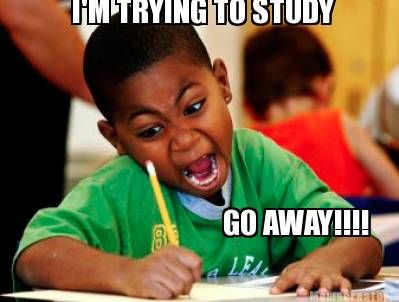
TEXTBOOKS

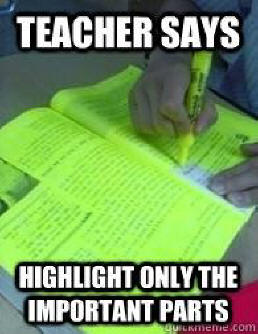
Take a tip from
Harry Potter

Don't just think
it -
ink it!
Bad study
advice??
Study of students in a
calculus class indicated that 60% of African
American students were in a DFW list.
One professor noticed that the
students who did best in the course had formed
study groups and practiced with old exams.
The professor began to require
in his course that all of his students do group
work. The DFW rate went from 60% to 4%.
College
students are usually told to spend 2 hours
studying for every one hour of class time.
If reading
textbook chapters and re-reading is the only
strategy . . .

BEWARE
the
Illusions of Fluency
Definition:
when we believe we have obtained mastery over
something
when we truly have not.
Use RETRIEVAL, not RECOGNITION
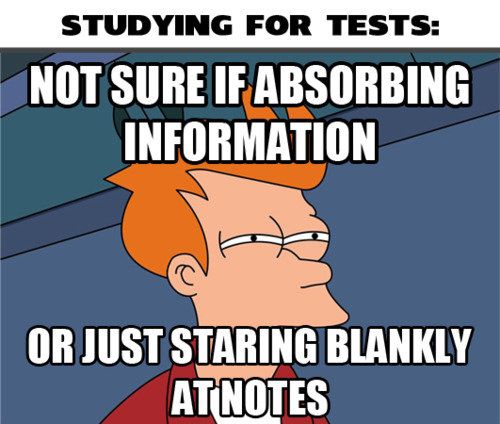
 |
Studies show increased
retention with hand-written notes |
 |
Taking non-verbatim
handwritten notes + test yourself = best
outcome |
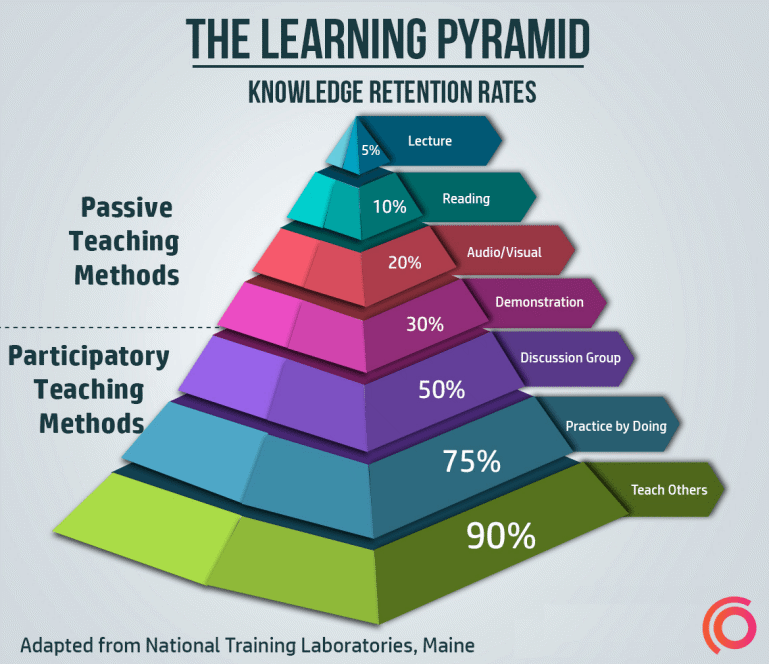
REFLECTION
What do I
think about that?
Can I relate
that to any of my past experiences?
How can I
use this?
Recalling
something over and over - practicing it over and
over in your mind.
SPACED REPETITION
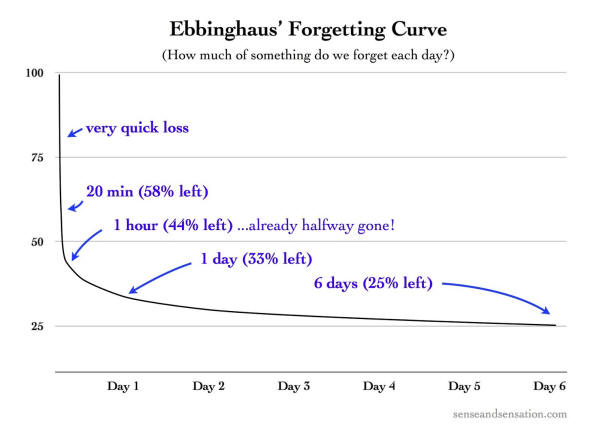
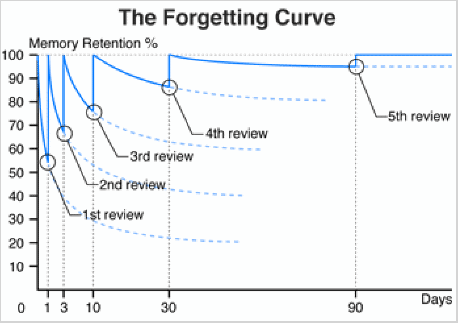
The mark of
good learning isnít that you got it right; itís
that you canít get it wrong.
GET HELP
Understand what you don't
understand. "I understand up to this point . .
."
Mark the point during class
that you cease to "get it." Then get help
right away.
15
minute rule: when you get stuck, work
hard to solve the problem for 15 minutes,
documenting everything you do;
if you are still stuck,
someone will know how to help you.
This is the
process of critical thinking!!
What happens
when you make a mistake?
Albert Einstein
once wrote on a blackboard :
9 x 10 = 91
Suddenly chaos erupted in
the classroom because
Einstein made a mistake.
Obviously, the correct
answer to 9 ◊ 10 isnít 91.
And all his students
ridiculed him.
Einstein waited for everyone
to be silent and said:
ďDespite the fact that I
analyzed nine problems
correctly, no one
congratulated me. But when I
made one mistake, everyone
started laughing.
This means that even if a
person is successful,
society will notice his
slightest mistake. And
they'll like that.
So don't let criticism
destroy your dreams. The
only person who never makes
a mistake is someone who
does nothing."
.jpg)
|
But this is HARD
https://www.insidehighered.com/opinion/career-advice/2023/06/21/getting-students-more-engaged-classroom-challenges-opinion
Soft pants vs. Hard pants
|